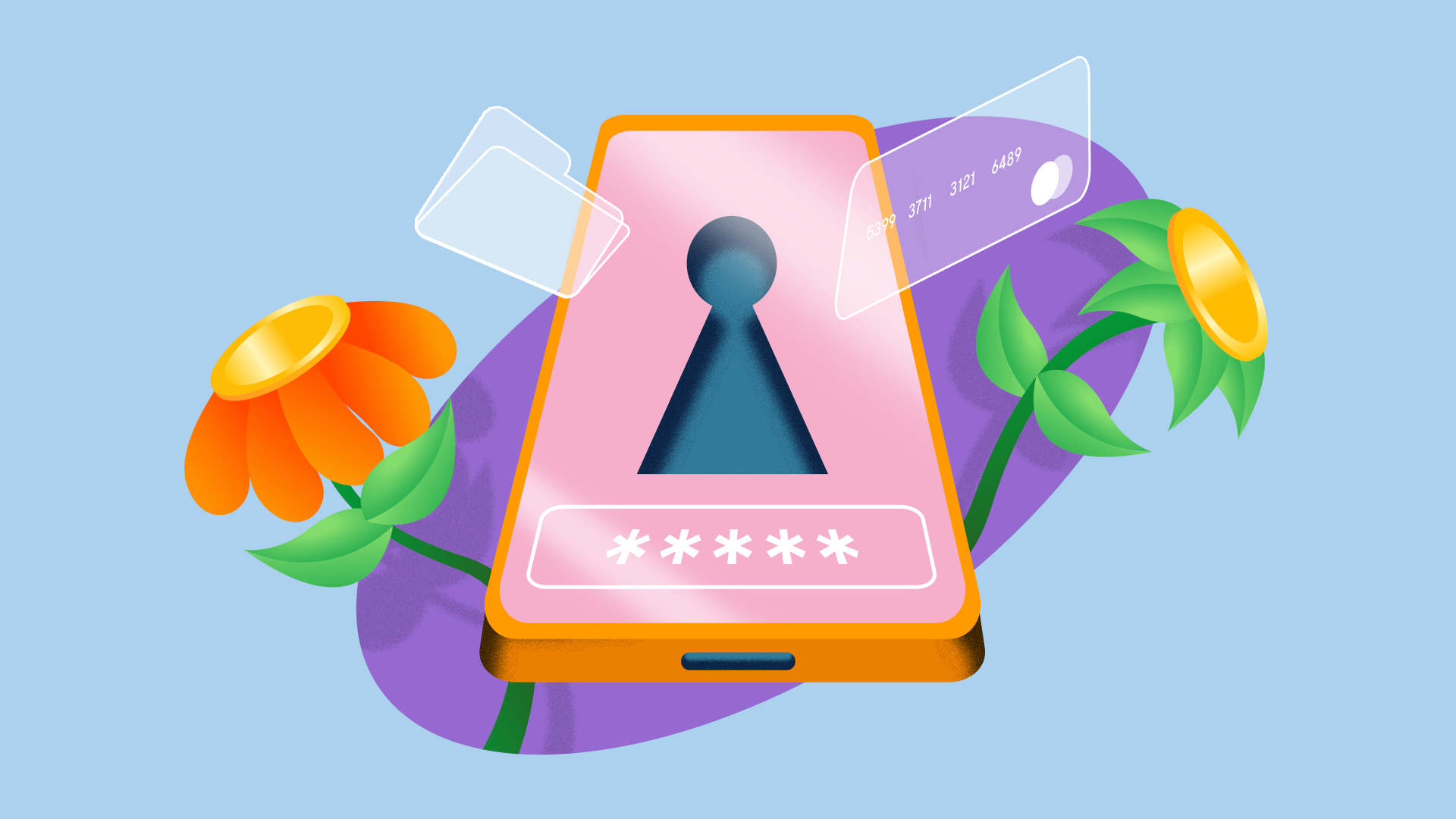Privacy means different things to different people. To some, it’s control, to others, it’s being free from intrusion, but to Flutterwave, it’s a commitment to ensuring that the personal data of our customers and employees is collected, used, stored and secured in accordance with the law and best practices in the data privacy and protection field.
Data has become more valuable than ever, particularly in this age where our digital footprint continues to expand, and especially with the growth of social media platforms and mobile technology as a whole. These advancements can be beneficial, but many bad actors collect and use the personal data of individuals in ways that are unethical, illegal or may cause harm to them.
The purpose of the International Data Privacy Week is to raise awareness on privacy matters and promote data privacy and protection best practices. Here are a few steps on how you can take control of your privacy and stay secure online especially when using social media platforms.
Read the Terms, Conditions and Privacy Notice
Yes, we know it’s the boring stuff; but considering how much personal data you are likely to upload while signing up to use any service, your control starts from your awareness and understanding of how the site uses the data you provide. You also need to know who your data is shared with, how it is managed, what other data or statistical information is collected from you, and third parties that it is shared with.
It’s in your best interest to stay fully informed and in control of how your data is used and where it goes.
Modify Your Account’s Privacy Settings
Most social media platforms have settings that allow you to adjust your privacy preferences to fit your convenience. The preferences could limit how much of your personal data is displayed on your profile, who exactly sees your posts, the sharing of your information with unknown third parties, or even prevent you from receiving unwanted marketing content or other malicious emails. The options are there to be used, so take advantage of them.
Monitor Your App Preferences
It would be quite strange for a calculator app to be asking for permission to your phone’s camera or a pdf reader asking for permission to access your contact list. Many applications are malicious and are designed to collect data of the user unknowingly, or use data knowingly collected in an unethical, illegal or harmful manner. You have to constantly monitor and when needed ‘deny’ all unnecessary permissions, as long as it appears to you that the permissions have no bearing on the ordinary functionality of the application.
Create a Strong and Unique Password
“You shall not pass”
Your password is your first line of defense against hackers so you need to make it as secure as possible. Combine both cases of letters, numbers and special characters and avoid using the same password across multiple social media platforms.
Over 103 million people had ‘12345’ as their password for one platform or the other in 2021, along with ‘qwerty’ and ‘password’ also being highly ranked on the most common passwords list. Do not use common passwords.
Also, avoid using significant events in your passwords like birthdays, anniversaries etc. as they may be easy to guess, and lastly, review your passwords every 90 days.
Two-factor (2FA)/Multi-factor Authentication (MFA)
A strong and unique password is good, but layering it with two-factor/multi-factor authentication heavily reduces the chances of a bad actor gaining access to your account. This means that beyond your username and password, you are required to take an extra security step (inputting a code, fingerprint, answering a security question, etc)
We also recommend using authentication applications, as short-message-services (SMS) may be subject to other vulnerabilities like sim swapping.
Limit the Personal Information You Share Online
Identity theft is one of the most common internet crimes and you must be extra vigilant in keeping your personal information private.
This extends to sensitive financial information like your card details, credit card numbers, social security number, passport data page or seemingly harmless information like your maiden name, hometown, first school, name of your pet, etc as they are commonly used for security questions on many platforms.
Avoid Location Sharing
In limiting the personal information you share, your location should only be known to you or whoever you choose to share it with for safety reasons. This is because bad actors can learn your routines based on your location updates and potentially use that data as an avenue to cause harm to you.
Update Your Applications Regularly
It can be a hassle to constantly update applications. However, software updates fix existent bugs and security vulnerabilities in your applications, which means your out-of-date app is probably at a higher risk of being compromised, than if it were updated.
#DataPrivacyWeek2023
